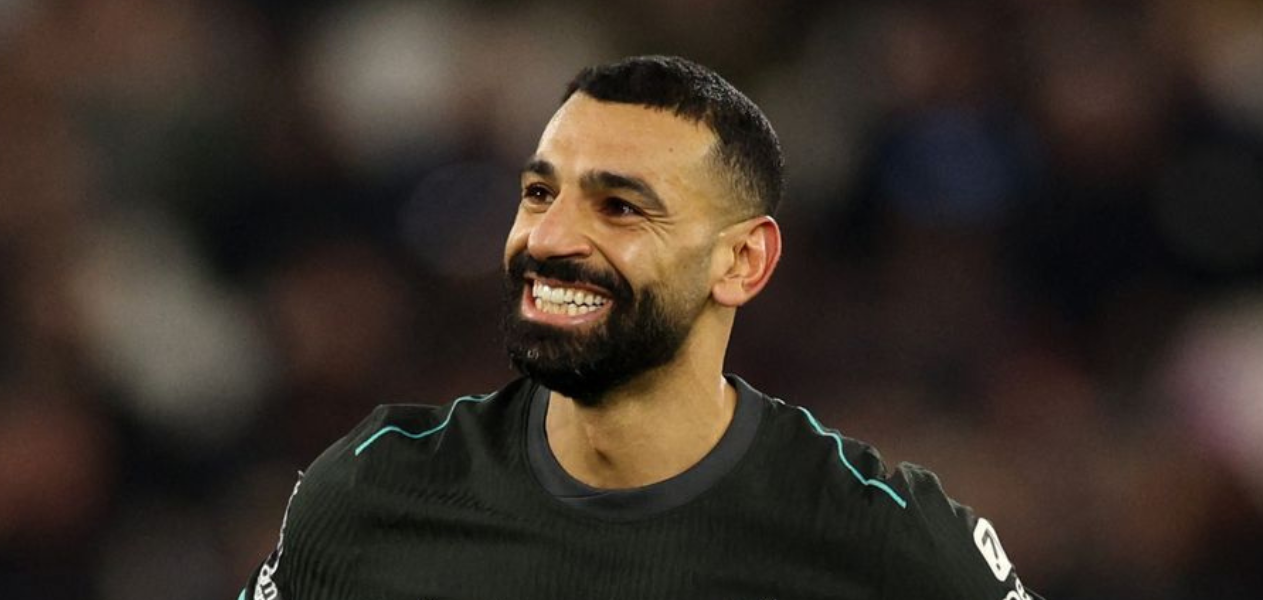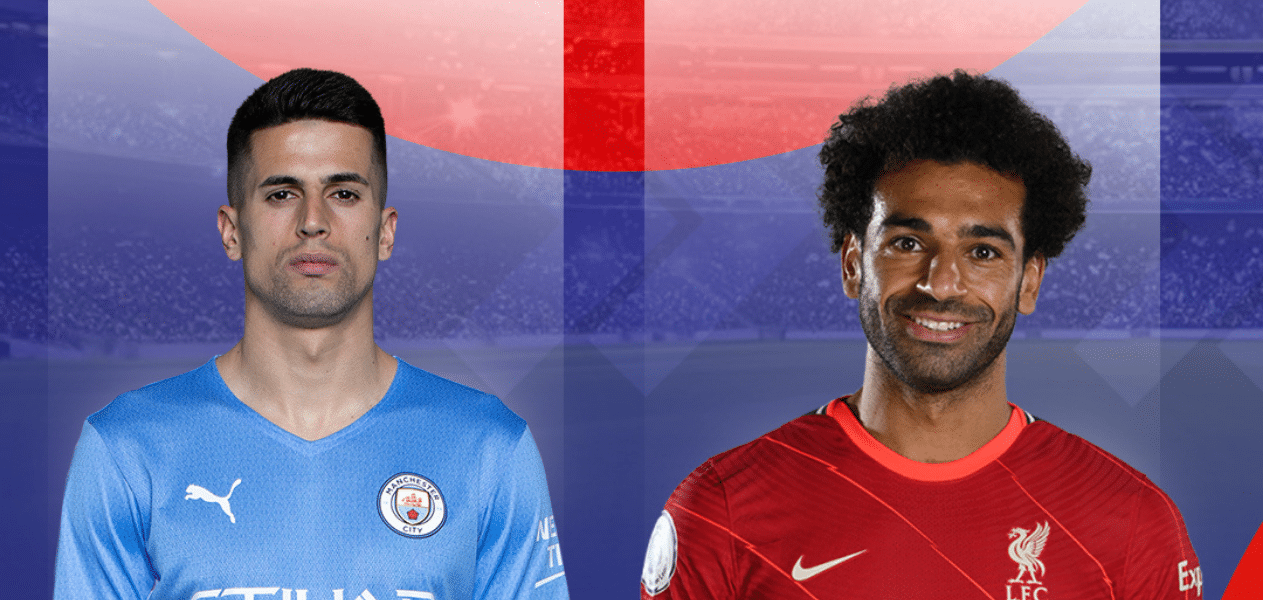Here, we look at the Premier League players who raked in the most points during the 2024/25 edition of the Fantasy Premier League.
Latest FPL News and Highlights
Main News

Top FPL players during 2024/25 season
Here, we look at the top performers during the 2024/25 Fantasy Premier League season. Written by Rahul Saha.

FPL: Key Stats and Top Performers | September
September was a tricky month for FPL enthusiasts as players like Cristiano Ronaldo and Mohamed Salah flourished, while players like Romelu Lukaku, Bruno Fernandes and Harry Kane failed to live...

FPL - BEST FPL TEAM FOR GAMEWEEK 7 | CAPTAIN CHOICES
The dreaded Gameweek 7 is upon us, with the best attacking FPL assets taking on the best defensive assets in the Liverpool against Manchester City showdown at Anfield, while injuries...

FPL: BEST CAPTAIN CHOICES FOR GAMEWEEK 4
The International break has really thrown a spanner in the works of most FPL managers with many Premier League stars set to miss their Gameweek 4 fixtures following talks of...
Latest News

Top Underachieving FPL Assets
With the conclusion of Gameweek 3 in the 2021/22 FPL season, players like Adama Traoré and Raheem Sterling have massively underperformed in the month of August. Following my previous article,...

FPL: BEST CAPTAIN CHOICES FOR GAMEWEEK 3
The list for the top 5 Captain choices for Gameweek 3 of the 2021/22 FPL season has some big names missing, with Chelsea facing Liverpool and Wolves hosting Manchester United....

FPL: GAMEWEEK 2 REVIEW
Gameweek 2 of the 21/22 Premier League season is done and dusted with only 25 goals scored from 10 matches. 2.5 goals per match? One could easily say that this...

FPL: GAMEWEEK 2 PREVIEW
We are back with our Gameweek preview as we look ahead to some potentially tasty encounters coming this weekend. And the action kicks off with Liverpool hosting Burnley today in...



